Law, economics, governance and regulation
Our team of academic experts seeks to identify key opportunities and use these to harness the potential of our society, both at a local and international level. Learn more about our team below.
Professor David Gilchrist
 Professor David Gilchrist is a chartered accountant and economic historian. He has worked in senior roles in the public, human services and commercial sectors in Australia and internationally. His research and teaching focus on public sector governance, financial management and reporting, as well as human services delivery and sustainability.
David has advised all levels of government in Australia. He is a principal author of the seminal report “Australian Charities 2013” for the Australian Government and co-author of the forthcoming book “Public Sector Accounting, Governance and Accountability: Experiences of Australia and New Zealand” to be published by Routledge.
Professor David Gilchrist is a chartered accountant and economic historian. He has worked in senior roles in the public, human services and commercial sectors in Australia and internationally. His research and teaching focus on public sector governance, financial management and reporting, as well as human services delivery and sustainability.
David has advised all levels of government in Australia. He is a principal author of the seminal report “Australian Charities 2013” for the Australian Government and co-author of the forthcoming book “Public Sector Accounting, Governance and Accountability: Experiences of Australia and New Zealand” to be published by Routledge.
Professor Alex Gardner
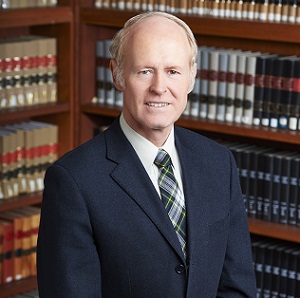
Alex Gardner is Professor of Law at The University of Western Australia where he teaches Administrative Law, Environmental Law and Water Resources Law to Juris Doctor and postgraduate students.
Alex researches in Natural Resources and Environmental Law, with a special focus on Water Resources Law. In 2009–2014, he was a Chief Investigator with the National Centre for Groundwater Research and Training, and in 2012–2017 was a Key Researcher with the Cooperative Research Centre for Water Sensitive Cities. Alex has been a contributing editor to the Environmental and Planning Law Journal since 1993 and was the Editor of the Australian Resources and Energy Law Journal from 2012–17.
In December 2015 he became Convener of the management committee of the Environmental Defenders Office Western Australia.
Professor Erika Techera
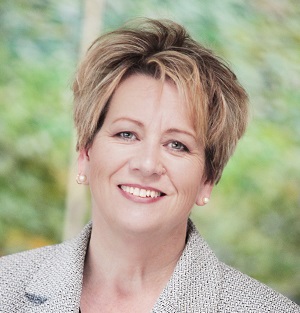 Professor Erika Techera is an international and comparative environmental lawyer with particular emphasis on marine governance in the Indo-Pacific. She has been a consultant on UNEP and FAO projects relating to the environment, fisheries and forestry.
Professor Erika Techera is an international and comparative environmental lawyer with particular emphasis on marine governance in the Indo-Pacific. She has been a consultant on UNEP and FAO projects relating to the environment, fisheries and forestry.
Her research explores the legal frameworks for marine protected areas, marine spatial planning, fisheries, marine pollution and ecotourism, as well as wildlife conservation and management. Much of her research is multidisciplinary, involving both science and social science dimensions. Erika explores the intersection of law and science both in terms of new discoveries requiring law reform and technologies for monitoring and enforcement. She works with social scientists on cultural heritage law and policy, environmental crime and cultural drivers of compliance.
Associate Professor Natalie Skead
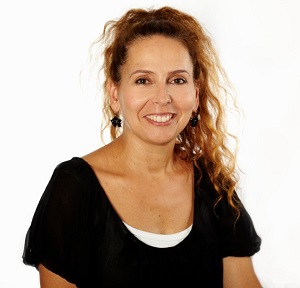 Associate Professor Natalie Skead is the Dean of the UWA Law School. She practised in commercial and property law for 10 years before joining the academy in 2002. Natalie's principle research interests include property law, registration systems, confiscation of proceeds of crime, equity and trusts, and legal education. Her work has been cited by the High Court of Australia and other courts. Together with colleagues from UWA, she has been funded by the Australian Institute of Criminology in relation to her work on ensuring confiscation of proceeds of crime legislation is effective, valid and just.
Associate Professor Natalie Skead is the Dean of the UWA Law School. She practised in commercial and property law for 10 years before joining the academy in 2002. Natalie's principle research interests include property law, registration systems, confiscation of proceeds of crime, equity and trusts, and legal education. Her work has been cited by the High Court of Australia and other courts. Together with colleagues from UWA, she has been funded by the Australian Institute of Criminology in relation to her work on ensuring confiscation of proceeds of crime legislation is effective, valid and just.
Associate Professor Stella Tarrant
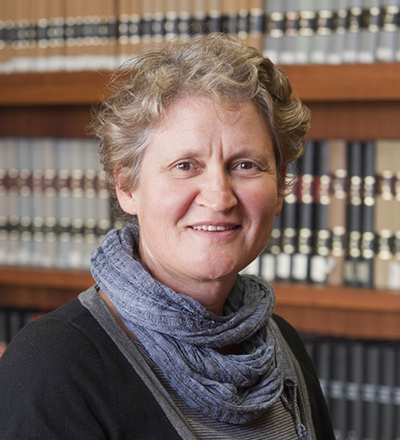 Associate Professor Stella Tarrant teaches and researches in the field of criminal law and gender equality. Her Opinion to the Law Reform Commission of Western Australia underpinned major amendments to the law of self-defence.
Associate Professor Stella Tarrant teaches and researches in the field of criminal law and gender equality. Her Opinion to the Law Reform Commission of Western Australia underpinned major amendments to the law of self-defence.
Stella has recently worked with counsel on Liyanage v Western Australia, a test-case appeal on the law of criminal defences in the context of intimate partner violence, and she has received funding from ANROWS (the Australian National Research Organisation for Women’s Safety) for research on prosecutors’ duties where cases are brought against primary victims of domestic violence.
Associate Professor Andrew R Timming
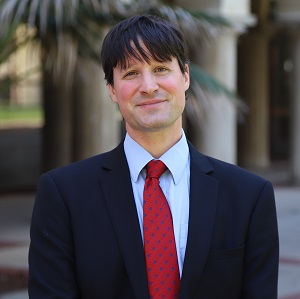 Andrew R Timming is Associate Professor of Human Resource Management at UWA Business School. He holds a PhD from the University of Cambridge. Having worked as a strategy and HR consultant, he has considerable experience in bringing academic insight into real-world problems. He is keen to work with organisations (private sector, public sector and not-for-profit) in the following areas:
Andrew R Timming is Associate Professor of Human Resource Management at UWA Business School. He holds a PhD from the University of Cambridge. Having worked as a strategy and HR consultant, he has considerable experience in bringing academic insight into real-world problems. He is keen to work with organisations (private sector, public sector and not-for-profit) in the following areas:
- health in the workplace, especially mental health and its relationship to bullying
- employee selection systems, especially the design of recruitment methods that eliminate unfair and unconscious bias
- employee voice, especially the ways in which both organisations and societies can benefit from giving workers a greater “say” in organisational decision-making.
Dr Caleb Goods
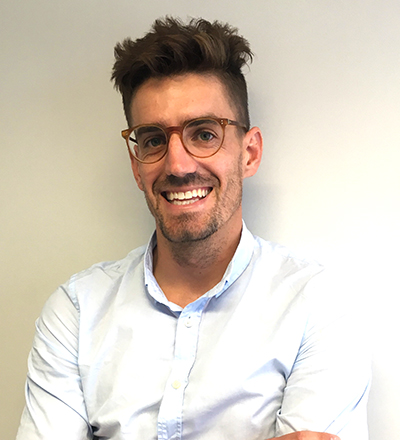 Dr Caleb Goods is a Lecturer of Management and Organisations in The University of Western Australia Business School. His research focuses on the ‘gigification’ of work, work organised via apps like Uber or Deliveroo. The findings of Caleb’s research have important implications for a range of public policy areas, such as the future of work, superannuation, taxation, immigration, income support and industrial relations.
Dr Caleb Goods is a Lecturer of Management and Organisations in The University of Western Australia Business School. His research focuses on the ‘gigification’ of work, work organised via apps like Uber or Deliveroo. The findings of Caleb’s research have important implications for a range of public policy areas, such as the future of work, superannuation, taxation, immigration, income support and industrial relations.
His second major research area focuses on transitioning the world of work from a high-carbon economy to a low-carbon world and asks whether this is a just transition? His 2015 book Green Auto Jobs critically examined the Rudd Labor government’s green car policy and its impacts.
Dr Huong Le
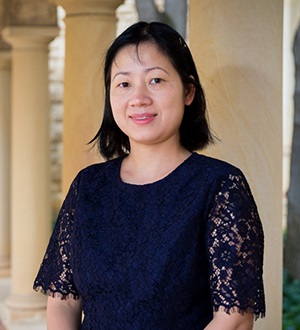 Dr Huong Le completed her PhD in Economics from the Australian National University and possesses strong analytical and advance econometric modelling skills.
Dr Huong Le completed her PhD in Economics from the Australian National University and possesses strong analytical and advance econometric modelling skills.
Her research interests include applied econometrics and economics, with particular focus on health economics, development economics and policy evaluations. Her research has been published in peer-reviewed high ranking journals such as Health Economics, American Journal of Health Economics, Review of Income and Wealth, IZA Journal of Labour Economics, Journal of Asian Economics and Trends and Issues in Crime and Criminal Justice. Her current research focus is using large longitudinal linked data sets to analyse socio-economics issues with focus on impact evaluations, child health and development and intergenerational transmission of health and human capital.
Dr Ian Li
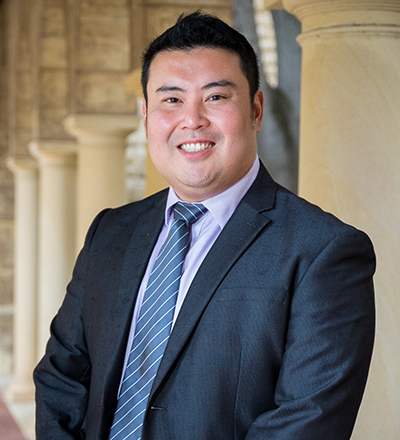 Dr Ian Li has taught across the disciplines of economics, law and health science at Murdoch University and The University of Western Australia. He currently lectures on health economics at UWA’s School of Population and Global Health at both undergraduate and postgraduate level.
Dr Ian Li has taught across the disciplines of economics, law and health science at Murdoch University and The University of Western Australia. He currently lectures on health economics at UWA’s School of Population and Global Health at both undergraduate and postgraduate level.
Ian’s research interests include the applied areas of labour, education and health economics. He has published in high-quality peer-reviewed journals such as the Australian Economic Review and Education Economics. Ian has also been a principal or chief investigator on numerous successful grant applications, and he received a UWA Vice-Chancellor's Research Award in 2015.
Dr Jade Lindley
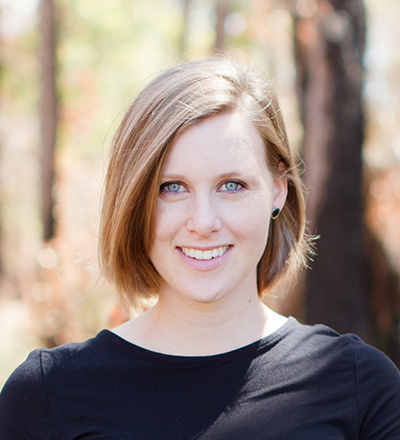 Dr Jade Lindley is a criminologist who specialises in transnational organised crime (including maritime piracy, fraud, and trafficking in weapons, persons, drugs and other contraband), international law and regulation. Jade periodically consults to various bodies of the United Nations, and has worked in research for state and federal governments as well as in academic settings.
Dr Jade Lindley is a criminologist who specialises in transnational organised crime (including maritime piracy, fraud, and trafficking in weapons, persons, drugs and other contraband), international law and regulation. Jade periodically consults to various bodies of the United Nations, and has worked in research for state and federal governments as well as in academic settings.
Jade has successfully conducted research on marine-based crimes within the Indian Ocean, primarily relating to piracy focused on understanding and addressing prevailing regional concerns such as governance, law and justice, and environmental issues that led to the onset and continuation of crimes.
Dr Fiona McGaughey
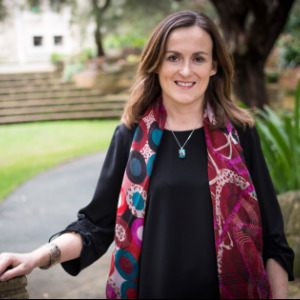 Dr Fiona McGaughey’s key research area is international human rights law. She publishes in Australia and internationally on the role of NGOs in international human rights law, modern slavery, transitional justice, minority rights and disability rights. She is currently co-editing the Edward Elgar Research Handbook on Art and Law and her book, NGOs in International Human Rights Law (Routledge), is forthcoming.
Dr Fiona McGaughey’s key research area is international human rights law. She publishes in Australia and internationally on the role of NGOs in international human rights law, modern slavery, transitional justice, minority rights and disability rights. She is currently co-editing the Edward Elgar Research Handbook on Art and Law and her book, NGOs in International Human Rights Law (Routledge), is forthcoming.
Fiona initially worked in the private sector as a management consultant before moving to semi-state and not-for-profit research and policy roles, which she did for over 10 years in Australia and Ireland. Fiona is co-convenor of the UWA Modern Slavery Research Network and the UWA Not-for-Profit Hub. With colleagues at UWA, Fiona engages in policy submissions and is a regular contributor to The Conversation.
Dr Andy Schmulow
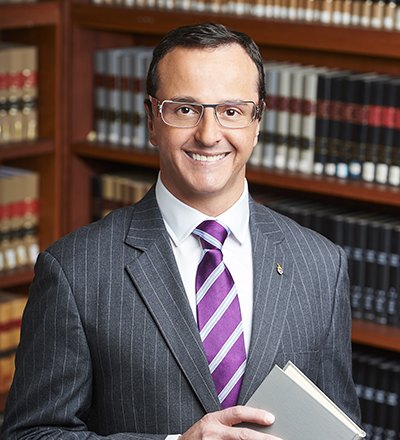 Dr Andy Schmulow is an Advocate of the High Court of South Africa and is admitted in Victoria as an Australian Legal Practitioner. He lectures in law at The University of Western Australia in Perth, and in 2014 founded Clarity Prudential Regulatory Consulting, Pty Ltd.
Dr Andy Schmulow is an Advocate of the High Court of South Africa and is admitted in Victoria as an Australian Legal Practitioner. He lectures in law at The University of Western Australia in Perth, and in 2014 founded Clarity Prudential Regulatory Consulting, Pty Ltd.
Andy has advised the South African Treasury on its adoption of the Twin Peaks financial regulatory model, and currently serves on an independent expert panel convened by the South African Treasury to provide advice on the Conduct of Financial Institutions (COFI) Bill. Andy also holds visiting appointments at universities in South Africa and South Korea.
Associate Professor Julia Powles
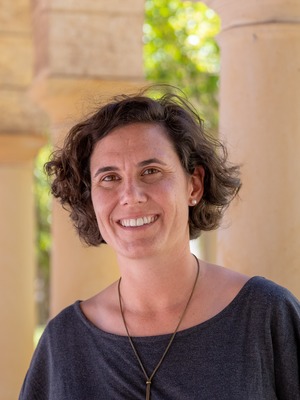 Julia Powles is an Associate Professor of Law and Technology at The University of Western Australia. Scientifically trained and experienced in national and international policy-making, Julia’s research focuses on civic and rights-based responses to emerging technologies. She is an expert in privacy, intellectual property, internet governance, and the law and politics of data, automation and artificial intelligence.
Julia Powles is an Associate Professor of Law and Technology at The University of Western Australia. Scientifically trained and experienced in national and international policy-making, Julia’s research focuses on civic and rights-based responses to emerging technologies. She is an expert in privacy, intellectual property, internet governance, and the law and politics of data, automation and artificial intelligence.
Regularly consulted on these issues by governmental agencies and lawmakers in North America and Europe, Julia is now focused on Asia-Pacific and the Indian Ocean Rim as sites for innovation in tech regulation and governance. She has a particular interest in stimulating health, energy and bioscience innovation in a way that safeguards the public interest.
Prior to joining UWA, Julia held academic appointments at New York University, Cornell Tech and the University of Cambridge. She also worked in the Office of the Director General of the World Intellectual Property Organization, in legal practice, as a contributing editor and policy fellow at The Guardian, as a bioscience researcher, and was a judicial associate in the Federal Court of Australia and Commonwealth Administrative Appeals Tribunal.
Joe Fardin
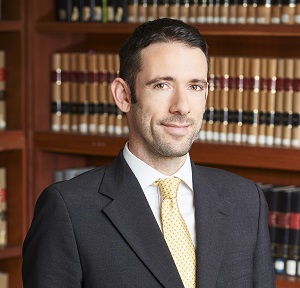 Joe Fardin is Associate Director of UWA’s Centre for Mining Energy and Natural Resources Law and sits on the Advisory Board of the World Initiative of Mining Lawyers. Joe has practiced and consulted in the areas of mining law and Indigenous rights laws since 2005 in Australia and internationally. He has been involved in reviewing and drafting mining laws, model land access agreements and procedural guidelines in support of reform processes in numerous countries, focussing on Australia and the Indo-Pacific.
Joe Fardin is Associate Director of UWA’s Centre for Mining Energy and Natural Resources Law and sits on the Advisory Board of the World Initiative of Mining Lawyers. Joe has practiced and consulted in the areas of mining law and Indigenous rights laws since 2005 in Australia and internationally. He has been involved in reviewing and drafting mining laws, model land access agreements and procedural guidelines in support of reform processes in numerous countries, focussing on Australia and the Indo-Pacific.
Most recently Joe has completed mining reform work involving Solomon Islands, Indonesia and Papua New Guinea. Joe speaks fluent Solomon Islands Pidjin and spent a year based at the Solomon Islands Ministry of Mining, Energy and Rural Electrification as Project Advisor on a World Bank funded technical assistance project to review and advise on Solomon Islands mining law and policy.
Ian Murray
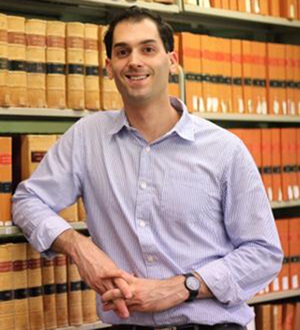 Ian Murray is a lawyer with a research and teaching focus in the areas of resources taxation and the intersection between not-for-profit law, tax and corporate governance. Ian has a decade’s experience as a legal adviser as well as practical experience in the regulatory and governance issues faced by not-for-profits, having been a not-for-profit board member, including chairperson, for over five years.
Ian Murray is a lawyer with a research and teaching focus in the areas of resources taxation and the intersection between not-for-profit law, tax and corporate governance. Ian has a decade’s experience as a legal adviser as well as practical experience in the regulatory and governance issues faced by not-for-profits, having been a not-for-profit board member, including chairperson, for over five years.
His research includes a particular focus on the intergenerational implications of asset accumulation by not-for-profits and the role of not-for-profits within native title asset management structures. Ian regularly contributes to the review and design of not-for-profit legislation as well as the rulings of various government bodies.
Dr Sagi Peari
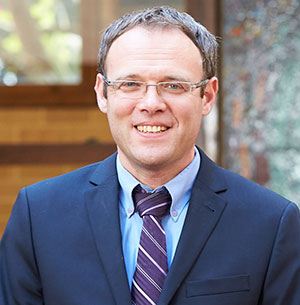 Dr Sagi Peari researches and teaches within private law (contracts, torts and restitution), commercial law, international law and their intersections. His work tackles some of the most pressing questions of contemporary social reality. Consider the emerging elimination of checks as a method of payment.
Dr Sagi Peari researches and teaches within private law (contracts, torts and restitution), commercial law, international law and their intersections. His work tackles some of the most pressing questions of contemporary social reality. Consider the emerging elimination of checks as a method of payment.
Apparently, the contemporary prevailing method of online direct payment is implausible. Where it provides an advantage for business, it is not clear why the consumer needs to pay in advance, before the delivery of the service or product. From this perspective, one can argue in favour of introducing a method of payment in the form of electronic checks which would support a delicate balance between the interests of sellers and buyers.
Winthrop Professor Tim Mazzarol
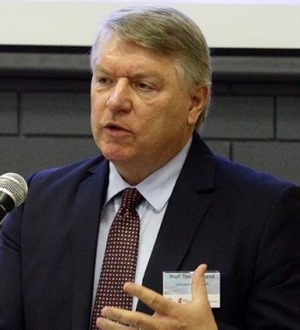 Tim Mazzarol is a Winthrop Professor within the UWA Business School where he specialises in entrepreneurship, innovation, small business management, marketing and strategy. He is a Qualified Professional Market Researcher (QPMR) with the Australian Market and Social Research Society (AMSRS). In addition, Tim is an Affiliate Professor of the Burgundy School of Business, Group ESC Dijon, Bourgogne France. He is also the Coordinator of the UWA Co-operative Enterprise Research Unit (CERU), and Director of the Centre for Entrepreneurial Management and Innovation (CEMI).
Tim Mazzarol is a Winthrop Professor within the UWA Business School where he specialises in entrepreneurship, innovation, small business management, marketing and strategy. He is a Qualified Professional Market Researcher (QPMR) with the Australian Market and Social Research Society (AMSRS). In addition, Tim is an Affiliate Professor of the Burgundy School of Business, Group ESC Dijon, Bourgogne France. He is also the Coordinator of the UWA Co-operative Enterprise Research Unit (CERU), and Director of the Centre for Entrepreneurial Management and Innovation (CEMI).
Tim has been with UWA since 2001 and previously worked at Curtin University from 1994 to 2000. During that time, he was the Director of the Small Business Unit and a Research Fellow with the Institute for Research into International Competitiveness (IRIC). Prior to his academic career Tim was a high school teacher, a diplomatic officer within the Australian Department of Foreign Affairs, and a manager with National Mutual Ltd.
Dr Sarah Murray
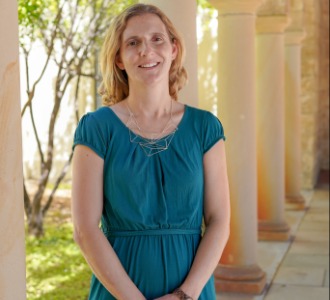 Dr Sarah Murray is an Associate Professor of Law at the University of Western Australia and Deputy Head of School, Community & Engagement and researches in the areas of constitutional law and court innovation. She was awarded the Institute for Advanced Studies Distinguished Early Career Fellowship and UWA Fay Gale Fellowship for her work on Community Justice Centres, is the Western Australian Convenor and a Council Member of the Australian Association of Constitutional Law and a co-Convenor of the Electoral Regulation and Research Network.
Dr Sarah Murray is an Associate Professor of Law at the University of Western Australia and Deputy Head of School, Community & Engagement and researches in the areas of constitutional law and court innovation. She was awarded the Institute for Advanced Studies Distinguished Early Career Fellowship and UWA Fay Gale Fellowship for her work on Community Justice Centres, is the Western Australian Convenor and a Council Member of the Australian Association of Constitutional Law and a co-Convenor of the Electoral Regulation and Research Network.
She is currently liaising with the WA Government in relation to the feasibility of a Community Justice Centre which would co-locate a Magistrates Court with an interdisciplinary team to address the causes of criminality such as drug addiction, mental illness, poverty and intergenerational trauma. The community becomes a key agent of change with this justice innovation, partnering with the Centre to tackle local issues and improve safety and community cohesion.
Dr Marco Rizzi
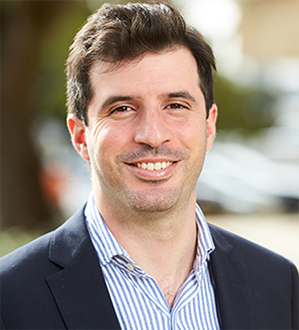
Marco researches the law as a tool for the protection of individual and collective health and safety. He has two overarching interests. First, the public private/divide and the public functions of private law, with a specific focus on the interplay between torts and regulation in its modern hybrid and transnational form. Secondly, the evolving relationship between risk, uncertainty and law, exploring both the extent to which legal tools can effectively address emerging risks, but also how complex multi-layered systems of rules can be liable themselves to create uncertainty.
Coherently with his research interests, his two main areas of specialisation are, first, the law of torts – in particular, negligence and the liability of manufacturers of technologically complex products. Secondly, risk regulation and the challenges associated with the national and transnational governance of products and scenarios involving structural uncertainty.
As a firm believer in the non-neutrality of the law, in his research he also actively engages with the uneasy relationship between the legal and the political.
Connect with us
Shamit Saggar, Director
